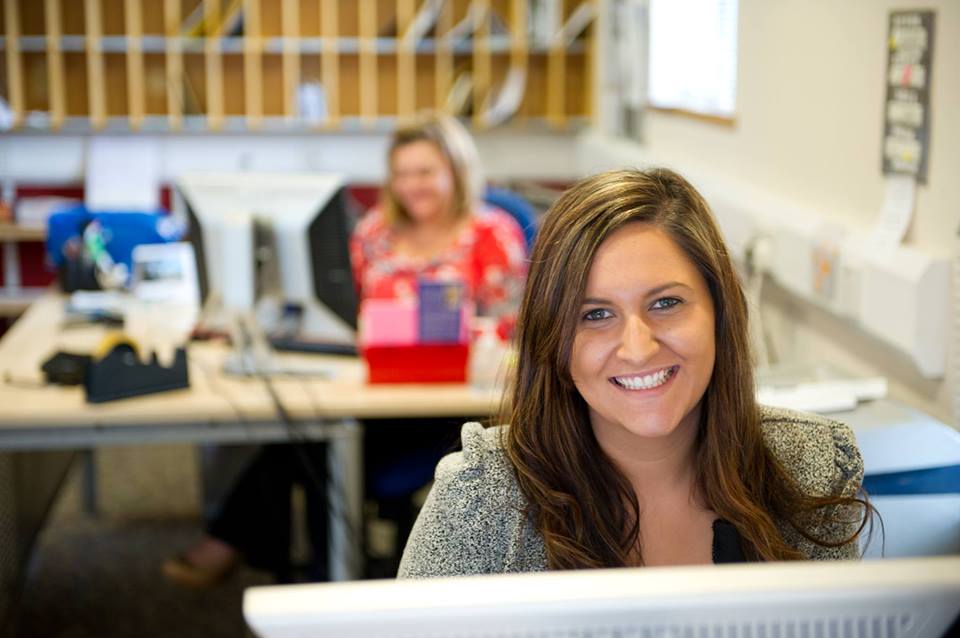Is Your Workplace Changing?
Work is changing as computers, software programmes and, more recently, robots carry out many mundane tasks. Such change will continue as technology develops and spreads throughout the workplace. There is hope, however, as people will always need organisations as places to meet and share and connect.
A changing workplace
Spending hours every day commuting to and from work is no longer necessary, as working from other locations becomes technically possible and financially practical.
City offices are becoming too expensive to leave unused at night and at the weekend, so greater numbers of staff are encouraged to work remotely or from home.
Firms are redesigning office space to facilitate a digitally flexible workforce rather than provide expensive and unnecessary space for everyone on an everyday use basis.
The office is still an important place to catch up with colleagues and attend key meetings but is no longer a necessary centre point where everyone must be all of the time.
New types of office space reflect advances in technology and a world that is embracing digital, as smartphones and laptops connect us and act as flexible offices wherever we go.
Large organisations will continue to thrive and grow but people will work more independently as accountability and reporting lines are managed virtually rather than physically.
Even though new types of work arrangements suit companies by keeping costs to a minimum and suit some workers by offering more choice they, unfortunately, disadvantage those who can’t adapt.
In the future
In the future, employees will have a different relationship with employers, as the ability to provide particular skills will determine their value and role.
The shift to more remote working practices also changes the contract of employment as loyalty lessens and disappears from the relationship.
For the company, it means a leaner and more competitive workforce; for the person, it means greater independence and the need to stay relevant.
It has a trickle-down effect too as entrepreneurs, new start-up businesses and the self-employed embrace a similar approach by keeping costs to a minimum.
Such upheaval means the workplace and the number of people in the workplace will change beyond recognition, as organisations shrink and stablise around core activities.
The advantages for the organisation include increased growth and higher profits; the disadvantages for the individual include fewer rewards and greater insecurity.
The effect on the economy and on society is difficult to gauge but it’s likely the next generation will find it difficult to find the type of secure well-paid work their parents did.
SO, the workplace is changing and will look very different in the future as today’s generation of young people experience a more uncertain world.




